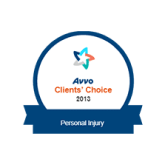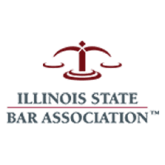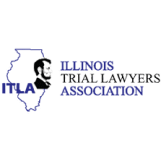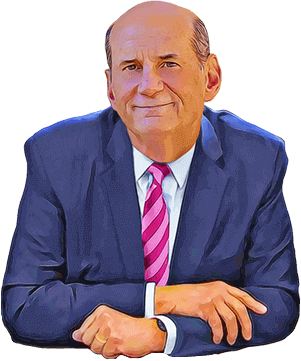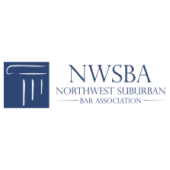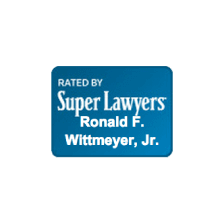How to Avoid and Treat Slip and Fall Accidents
As a personal injury firm, we field many calls from people with questions about what happens when you slip, trip, or fall and injure yourself on someone else’s property. These cases—referred to as a slip and falls in the industry—spur a lot of controversies because the media tends to sensationalize the relatively rare windfall judgment. Nevertheless, it’s important to understand how these types of cases are treated and what your rights are if you’re injured.
Negligence on the Premises
While the chance to retire rich from slipping in a grocery store is intriguing, slip and fall accidents are anything but glamorous. You aren’t automatically entitled to compensation if you injure yourself on someone else’s property. Also, these cases can be difficult to litigate. The injuries you could suffer from slipping and falling are significant, so it’s wise to try to avoid these types of accidents and treat them properly if you do suffer one.
Prevention and Treatment
Slipping and falling on liquids, solids, or ice can cause severe injuries requiring a lengthy and costly recovery. Common injuries include broken bones, head trauma, and internal injuries. Property owners sometimes subject customers and guests to these risks, so stay aware of your surroundings. Be careful whenever it’s icy, and steer clear of liquid if you see it on the ground.
If you slip and injure yourself, get medical help as soon as possible. Minor injuries can become more severe if left untreated. Unseen injuries—such as concussions—should be treated right away. The recovery from a slip and fall accident can be a long one, especially if you suffer severe fractures or need ongoing physical therapy. This is particularly true for the elderly or those with brittle bones.
Proving Fault
After seeking medical care, your next step should be to call an attorney. To receive compensation, you will have to prove liability, which can be difficult to do. A business or property owner could be liable if it had a duty to provide a safe premises for customers and guests. If it did not provide a safe premises, you could be entitled to compensation if you were injured on the property. Typically, this compensation would include medical bills, lost wages, and pain and suffering. But first, the plaintiff must prove the business or property owner was—or should have been—aware of the unsafe condition, was responsible for it, and did nothing about it.
Seeking Compensation
It can be difficult to prove fault in slip and fall cases. Consult with an attorney if you are injured on someone else’s property. An attorney can help you parse out the details of the incident that could demonstrate liability. It’s crucial to call an attorney right away. Important pieces of evidence—such as pictures of the premises— that could make or break your case must be preserved. An attorney can take quick action in your case to give you the best chance of receiving compensation.





